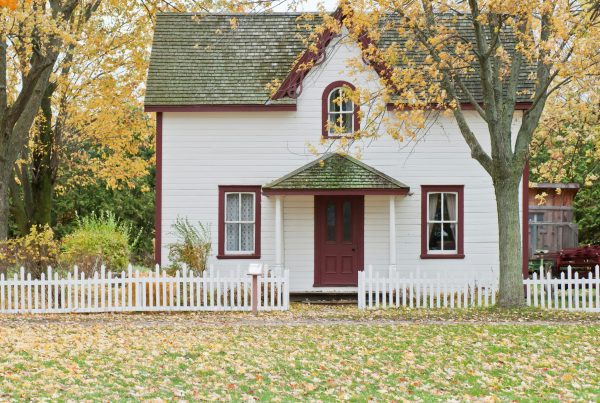When it comes to selling points in real estate, “gated community” is a descriptor that often gets prominent placement. A gated entrance conveys all kinds of qualities — exclusivity, safety, security and a better quality of life. For real estate agents, those kinds of qualities generally help a home sell itself, but gated communities also come with their own unique set of challenges.
To close a home in a gated community, you have to pay special attention to possible points of resistance and play up the positives. Here’s how.
Emphasize Security
Gated communities scream security for a reason. Some neighborhoods have resident-only codes necessary for entry, some have electronic passes, and some actual post guards and require car stickers and IDs. That can keep unwanted visitors out, but it can also make potential buyers a bit wary of daily hassle — how much does security matter if it takes you 20 minutes to get from the main street to your house?
To mitigate those concerns, point out how much safer a gated community can be. Come armed with crime statistics (assuming they do indeed back up your argument), talk about the freedom kids have to ride their bikes without worrying about excessive through traffic, and if the community offers it, mention that delivery drivers can leave packages at the gate so your family never has to open the door to a stranger.
Know the Rules
The relative exclusivity of a gated community often translates into lots of extra rules and regulations. From HOA laws governing what color buyers can paint their new house to restrictions on open houses and “for sale” signs, these types of guidelines can scuttle a sale and make your job especially difficult. Knowing those ahead of time helps you form your game plan and better educate clients in the process.
Bring in the Neighbors
People who live in gated communities generally cherish the restricted access they’ve paid so handsomely for, and that often leads to some resistance when an agent turns up to show a house to a bunch of “outsiders.” The best way to get existing residents on your side is by keeping them in the loop and asking for their help.
- Ask the HOA or community board if you can advertise in their newsletter.
- Speak at the monthly neighborhood meeting, and ask neighbors if they have a buyer in mind.
- If the front gates are manned, leave your property information sheets at the guardhouse so they can pass them out to house seekers who may be interested in the neighborhood but unable to gain access.
Know Your Audience
Not all gated communities are filled with high-end properties with equally high-end price tags, but if that’s the case with your property, then you need to make sure you’re adjusting your sales tactics accordingly. If you’re selling a home on a golf course, co-market with a local golf club or luxury sports retailer. If the community features family-friendly amenities like a pool, playground or water park, consider asking prestigious private schools or daycare/child centers in the area if you can leave some brochures where parents might see them. Of course, television spots and ads in regional lifestyle magazines are always an option too.
Above all, selling a home in a gated community has a lot to do with perception. Adjust your language depending on the buyer (some might shudder at the idea of solitude but melt when you mention “serenity”), know the neighborhood, and have a comprehensive strategy in place. People are willing to pay for the privilege of living gated, but only if they get the big picture.





